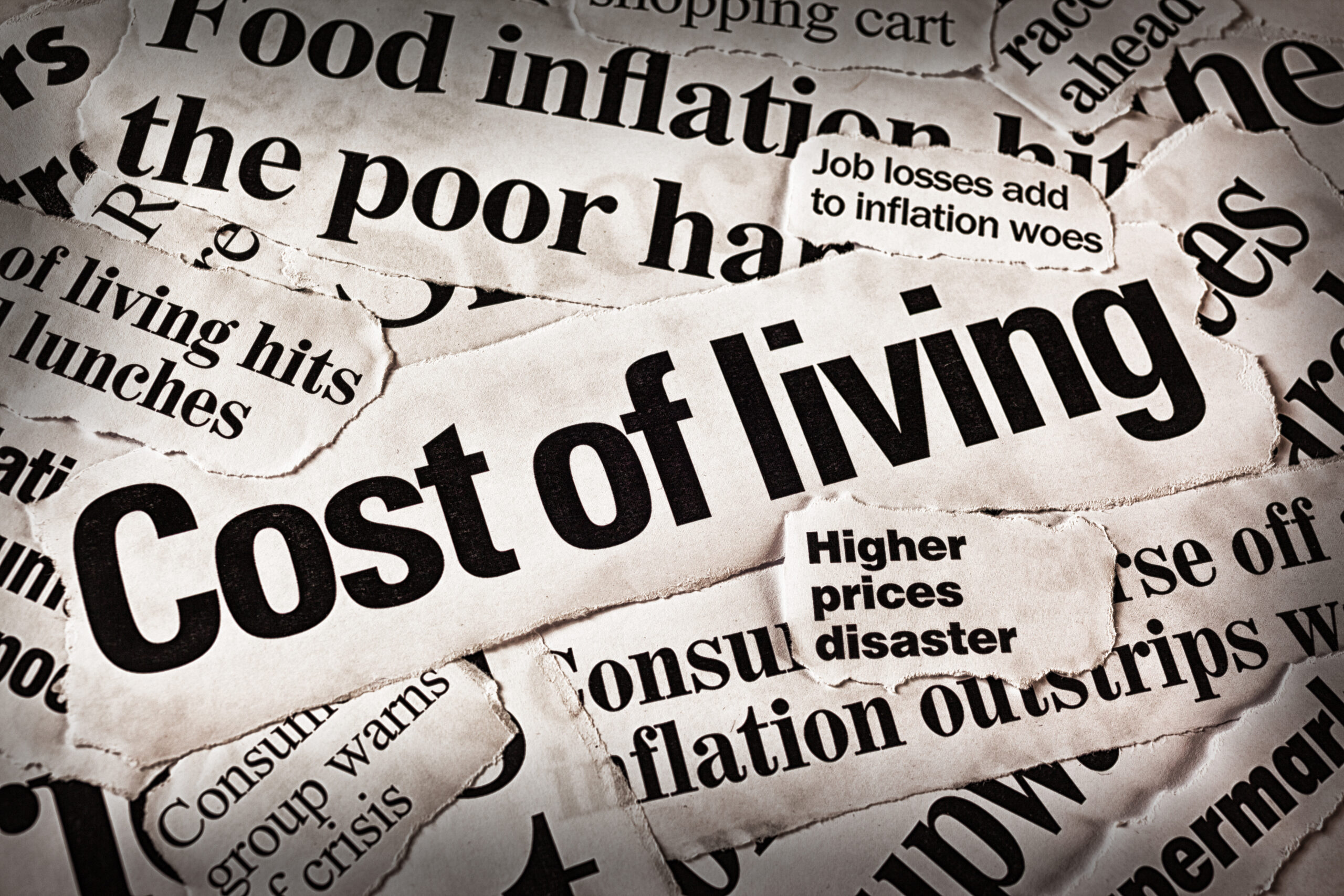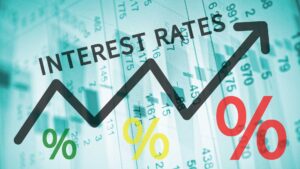Inflation and Cost of Living. How to keep a healthy living environment in the US?
In 2024, inflation and the cost of living in the United States continue to be pivotal issues affecting every American household.
Inflation, the rate at which the general level of prices for goods and services rises, erodes purchasing power and can strain personal finances.
After years of relatively low inflation, recent years have seen a significant uptick, primarily driven by factors like supply chain disruptions, labor shortages, and increased consumer demand, especially in the post-pandemic recovery phase.
The cost of living, which encompasses the amount needed to cover basic expenses such as housing, food, taxes, and healthcare, has surged in response to rising inflation.
This has led to increased financial pressure on families and individuals, particularly those with fixed or lower incomes.
The housing market has seen soaring prices, and essentials like groceries and transportation costs have also climbed, leaving less disposable income for savings and discretionary spending.
While measures are being taken to control inflation, including monetary policy adjustments by the Federal Reserve, the effects are yet to be fully realized.
The situation underscores the need for robust economic strategies and personal financial planning to navigate the challenges of high inflation and cost of living in 2024.
What’s the Impact of Monetary Policy on inflation rates?.
The Federal Reserve (Fed) plays a critical role in controlling inflation through its monetary policy decisions, primarily by setting the federal funds rate, which influences borrowing costs, spending, and investment across the economy.
In response to rising inflation, the Fed has the challenging task of tightening monetary policy to cool down the economy without triggering a recession.
This involves increasing interest rates to reduce consumer spending and business investments, thereby slowing down economic growth and reducing inflationary pressures.
However, these actions can also lead to higher borrowing costs for individuals and businesses, affecting mortgage rates, car loans, and credit card interest rates.
The delicate balance the Fed seeks to maintain is to curb inflation to a manageable level without severely impacting economic growth and employment.
The effectiveness of these policy measures is closely watched by economists, investors, and the public, as it directly impacts the cost of living through changes in the price levels of goods and services.
Understanding the nuances of monetary policy and its influence on inflation and the broader economy is crucial for grasping the current financial landscape facing Americans in 2024, making it a significant topic in discussions about inflation and the cost of living.
The impact of inflation and the rising cost of living on income inequality.
As the cost of essentials like housing, healthcare, and education escalates, those in lower-income brackets are disproportionately affected.
Inflation acts as a regressive tax, where the less affluent spend a larger portion of their income on necessities, leaving them more vulnerable to price increases.
This phenomenon exacerbates existing income disparities, as wealthier individuals often have assets like real estate and stocks that can appreciate in value or provide returns that outpace inflation.
The widening gap between the wealthy and the poor is not only a matter of economic concern but also raises social and political issues.
Income inequality can lead to reduced economic mobility, creating a cycle where the less fortunate find it increasingly difficult to improve their financial standing.
Furthermore, it can foster social unrest and diminish trust in institutions, as perceptions of unfairness and lack of opportunity grow.
Addressing this issue requires comprehensive policies that focus on enhancing economic opportunities, improving wage growth, and providing greater support for those hit hardest by inflation.
Investments in education, affordable housing, and healthcare, alongside targeted fiscal policies, can help mitigate the effects of income inequality and promote a more equitable economic environment.
Conclusion
In conclusion, the challenges posed by inflation and the cost of living in the United States in 2024 are multifaceted and deeply interwoven with the broader economic landscape.
These issues not only affect individual financial stability but also shape the economic and social fabric of the nation.
As inflation erodes purchasing power, Americans are finding it increasingly difficult to keep pace with the rising cost of essentials, affecting lifestyles, savings, and future financial planning.
This economic strain is not uniformly distributed, with the most significant impacts felt by those in lower-income brackets, thereby intensifying income inequality and potentially fostering societal divisions.
The response to these challenges must be comprehensive and forward-looking.
Monetary policies, such as interest rate adjustments by the Federal Reserve, are critical tools in managing inflation. However, these measures need to be carefully balanced to avoid triggering economic downturns.
Fiscal policies, including targeted relief measures and investments in social infrastructure, can provide immediate relief to those most affected and help build a more resilient economy in the long term.
Moreover, the private sector has a role to play in mitigating the effects of inflation through wage adjustments, investment in workforce development, and innovation to improve productivity and reduce costs.
Collaboration between government, businesses, and communities is essential to develop strategies that address both the immediate pressures and underlying causes of inflation and high living costs.
In navigating these complex issues, it is crucial to prioritize policies that promote economic stability, equitable growth, and financial inclusiveness.
As the U.S. moves forward in 2024, the goal should be to create an environment where economic opportunities are accessible to all, and the impacts of inflation and cost of living increases are managed in a way that upholds the principles of fairness and social cohesion.
In doing so, the nation can work towards a future where economic challenges like inflation do not disproportionately hinder the progress and well-being of any segment of the population.
Did you like the content? Activate notifications so you don’t miss any news on our blog. See you next time!







